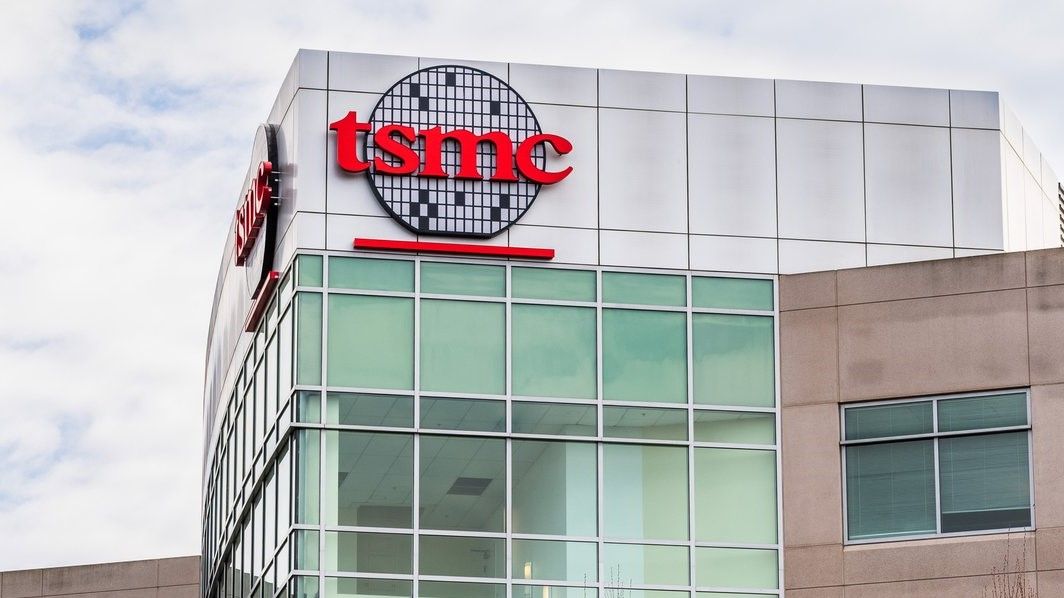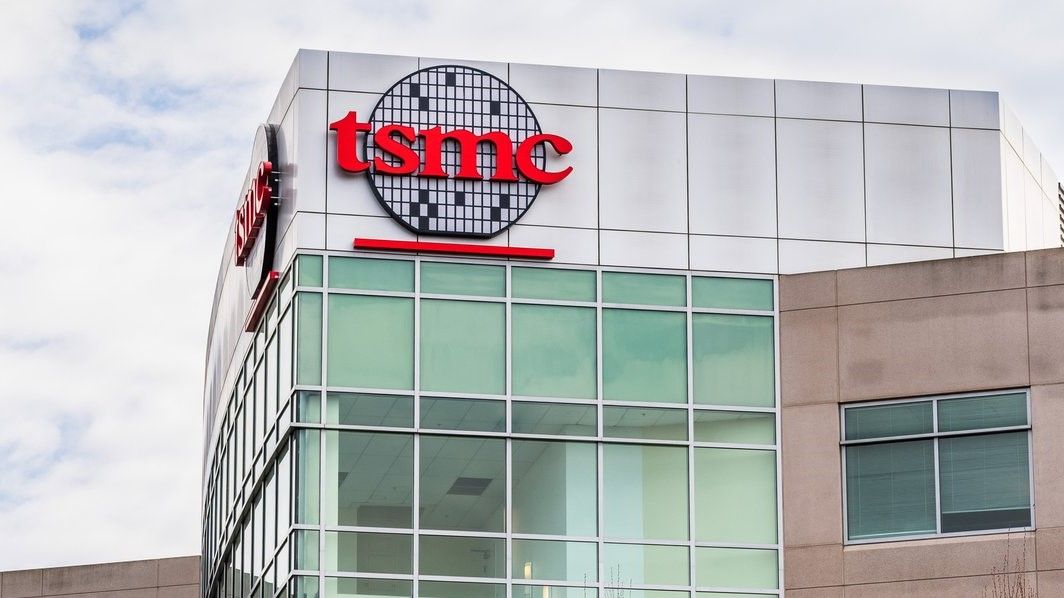
Taiwan Semiconductor Manufacturing Company’s (TSMC) highly anticipated US chip fabrication plant is being threatened with delays as a key supplier finds itself in the throes of a boardroom power struggle.
TSMC’s longtime cleanroom equipment supplier, Jiangxi Hantang System Integration Co. (JASIC), has been tapped to outfit the company’s new chip fabrication plant in Arizona, and all seemed to be on track until the supplier’s largest shareholder started pushing to replace the company’s managing officers.
The boardroom shakeup is apparently a long time coming and follows the 2015 death of JASIC’s founder. At that time, a majority stake in the company transferred to the founder’s widow, Ms. Li Huiwen, but chairmanship of the company stayed with Mr. Chao Shui Chen, with Mr. Bai Chen Chen serving as its general manager.
Now, Shui Chen is set to retire and Huiwen is returning to the company with her own cohort to fill out the firm’s board of directors. All of this has apparently thrown all of the company’s contracts into uncertainty, including the one with TSMC to supply cleanroom equipment to TSMC’s Arizona plant.
Current management has forged a close working relationship with TSMC over the years and there is concern that with a changing of the guard at the top, there could be additional changes further down the line in the engineering departments where more direct cooperation between JASIC and TSMC on setting up fabrication facilities takes place.
While none of this has been decided yet, the potential for any kind of disruption – however brief – could spell delays for setting up the Arizona plant, which is coming at a particularly bad time for the industry.
Analysis: Global chip shortage dragging on as a result of a hundred points of failure
While the soap opera-esque drama at one industrial supplier shouldn’t be major news, it illuminates a major reason for the ongoing global semiconductor shortage.
Simply put, the semiconductors we need for everything from cars to smartphones to computers and even Wi-Fi routers are the end product of a massive global supply chain with very little slack in it.
The widespread adoption of just-in-time supply chain management leaves production with very little room for error or flexibility, so when a critical supplier suddenly has some boardroom drama in Taiwan, a chip fabrication plant in Arizona gets delayed.
This, in turn, delays production on all the downstream goods that those semiconductors power.
And while it’s easy to roll your eyes at the situation over at JASIC, this kind of thing is happening all over the world all the time.
Usually, it’s not as disruptive as dragging out the semiconductor shortage just a little while longer, but if it isn’t JASIC, it could just as easily be mine operators supplying the rare earth minerals for semiconductors dealing with an labor strike or a military coup.
There are an almost unlimited points of failure along our supply chains like this, and as demand for semiconductors is only going to increase exponentially in the future, we need to stop thinking about the global semiconductor shortage as a near-term problem and more as systemic reality that we’re going to have to deal with going forward.
